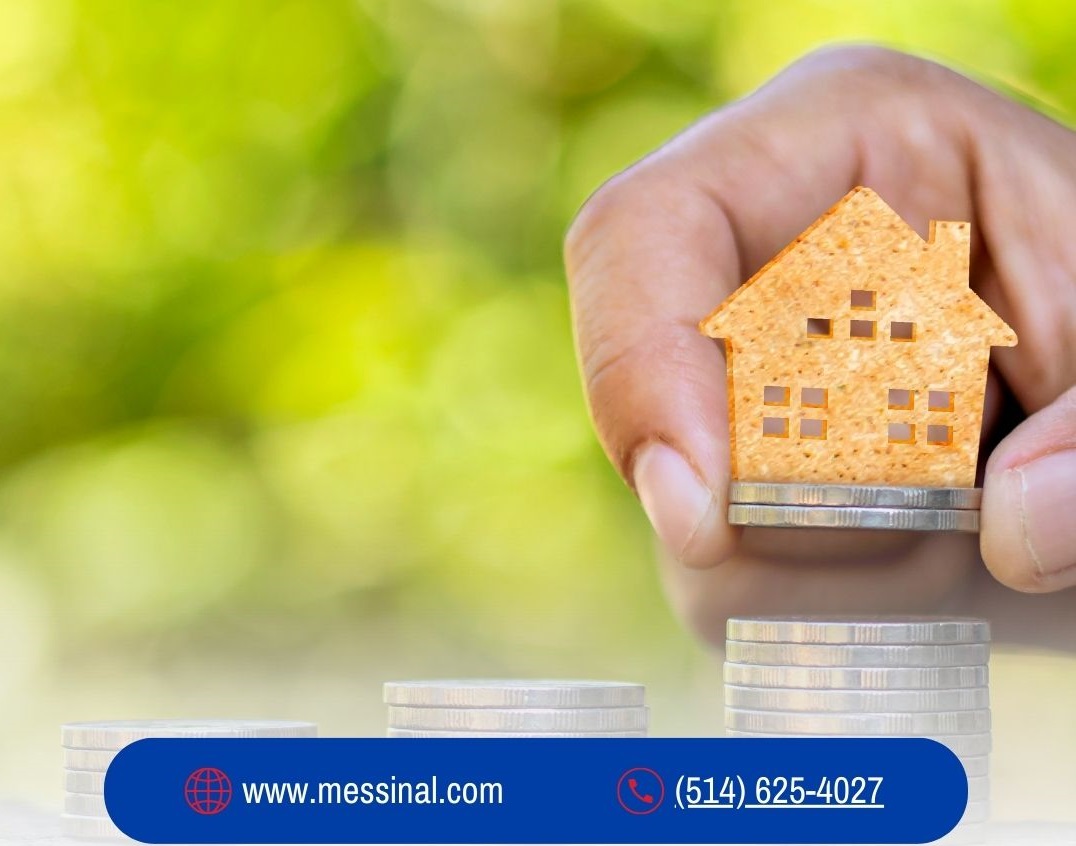
Have you ever wondered how much more your property could be worth if you added a few smart home features? As technology evolves, our homes are not just a place to live anymore. They have become hubs of smart devices enhancing comfort, security, and energy efficiency. This evolution is not just about lifestyle upgrades - it also significantly impacts your property's market value.
In recent years, smart home technologies have seen massive advancements. These aren't just flashy gadgets anymore - they're practical solutions that offer a plethora of benefits for homeowners. And as these technologies become more mainstream, they increasingly influence the real estate market. Many homebuyers now look for homes with smart features, willing to pay a premium for these modern conveniences. This article will shed light on five key smart home features that can significantly increase your property value.
Safety is a top priority for any homeowner. With smart security systems, not only do we enjoy enhanced protection, but we also see a bump in our property's value. Advanced security systems include smart locks, cameras, and integrated alarm systems.
Security cameras provide real-time monitoring of your property, and many are equipped with features like facial recognition and motion detection. Smart locks offer keyless entry and remote access and can even alert you if someone tries to tamper with them. On the other hand, integrated alarm systems combine multiple safety features in one, ensuring all-around protection.
A 2020 study found that homes with security systems sold for 3-5% more than similar homes without. It clearly indicates the value these systems add to your property. These systems offer peace of mind to homeowners and prospective buyers alike, translating into a higher willingness to pay.
Smart thermostats and energy-efficient devices have become increasingly popular due to their ability to reduce energy consumption. These devices learn your routine, understand your preferences, and adjust accordingly, ensuring optimal comfort with minimal energy use.
Besides being great for the environment, these devices also promise significant cost savings in the long run. According to a U.S. Department of Energy study, smart thermostat users saved an average of 10-12% on heating and about 15% on cooling costs annually.
Such energy efficiency and cost savings are highly attractive to environmentally conscious buyers and those looking to save on utility bills, contributing to a higher market value for your home.
Home automation systems have turned our homes into spaces straight out of a sci-fi movie. With smart lighting, you can control the ambiance of your home with a swipe on your phone. Automated blinds adjust according to the time of day, and smart appliances simplify everyday tasks.
This level of convenience is unparalleled. Imagine coming home to your coffee machine already brewing your evening cup or your home warming up before you step in on a chilly day. Such lifestyle enhancements make a home more appealing to prospective buyers.
Moreover, these features often signal a modern, updated home, a major selling point in the real estate market. Homes with such automation features tend to fetch a higher price than those without.
Smart home hubs and voice assistants like Amazon Alexa, Google Home, and Apple HomePod have revolutionized how we interact with our homes. They serve as the control centers for all smart devices, allowing seamless and intuitive control of your home environment.
Need to dim the lights for movie night? Just ask Alexa. Want to turn up the heat without leaving your cozy bed? Google Home has you covered.
These features significantly boost the user-friendly factor of smart homes, making them more desirable. According to a report from Juniper Research, the smart home market is projected to reach a whopping $76 billion by 2025, and smart hubs and voice assistants drive a large part of this. This growing popularity translates into an increased value for homes with these features.
In our digitally-connected world, a home with a poor internet connection is a major turn-off for many buyers. High-speed, reliable WiFi isn't just for streaming your favorite shows anymore. It's become necessary for work-from-home setups, online schooling, and running all those smart devices we've been discussing.
Upgrading to a whole-home WiFi system ensures seamless internet connectivity across your entire home, eliminating frustrating dead zones. This upgrade may seem basic, but it can significantly enhance your home's appeal and market value.
Despite the many benefits, implementing smart home technology has a few potential drawbacks. Privacy and security concerns are foremost among these, given that these devices often collect personal data. There are also considerations regarding maintenance and staying up-to-date with rapidly evolving technology.
However, these challenges can be effectively managed with proper precautions and regular updates. The key lies in balancing the benefits of smart features with any potential risks and communicating this balance effectively to potential buyers.
As the world becomes more interconnected, homes with smart features are no longer just a luxury but a norm. Security systems, smart thermostats, home automation, smart hubs, and high-speed WiFi can all add substantial value to your property.
While there are some considerations to remember, the benefits of these features, both in terms of lifestyle and property value, are hard to ignore. It's an investment that promises a smarter home and a higher return when it's time to sell.
Consider these smart home features if you're looking to buy, sell, or renovate. Not only will you enjoy the modern conveniences they offer, but you'll also see a great return on your investment when it's time to sell. Have any experiences or questions about smart homes? Share your thoughts in the comment section below. We'd love to hear from you!
"*" indicates required fields
"*" indicates required fields